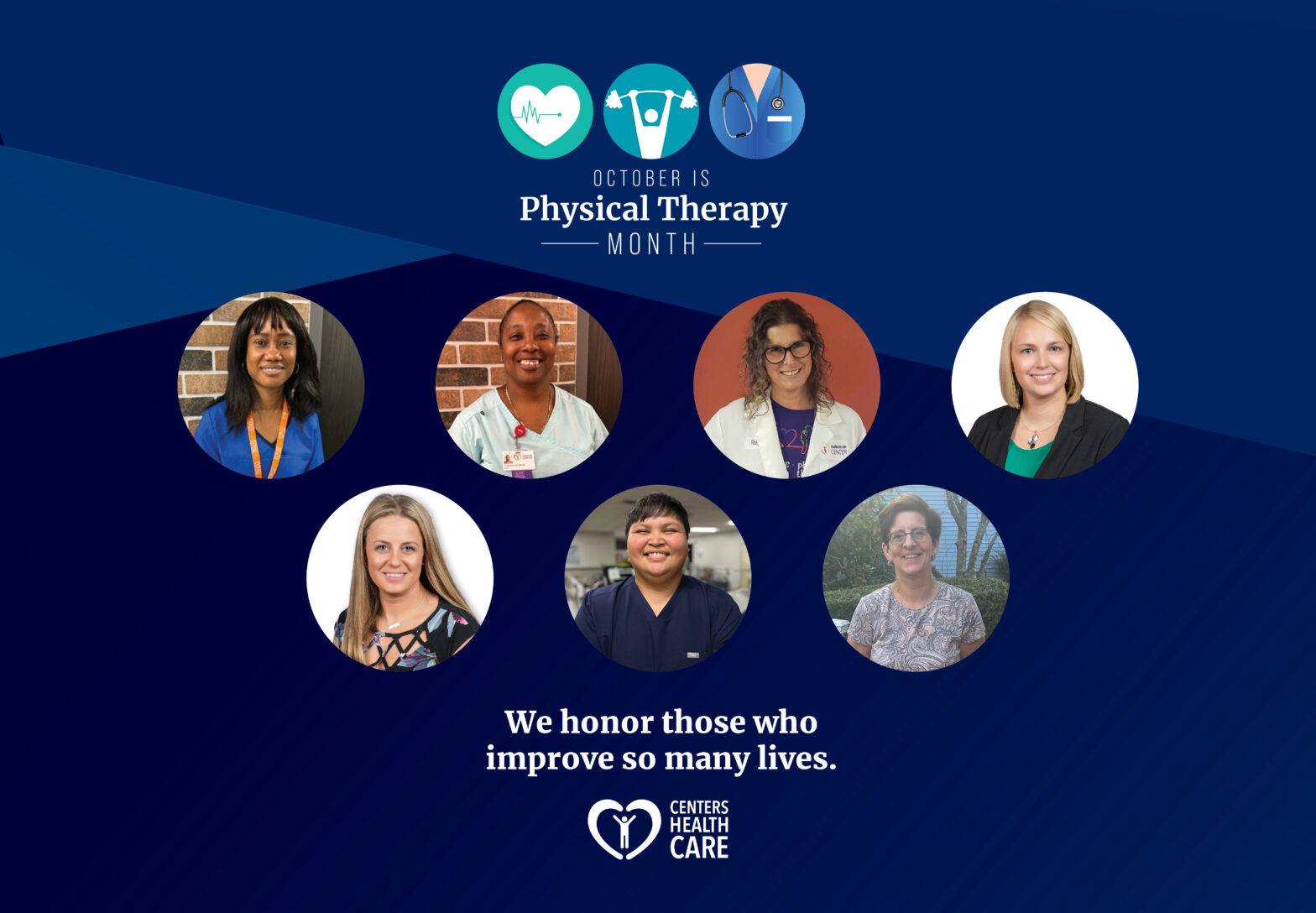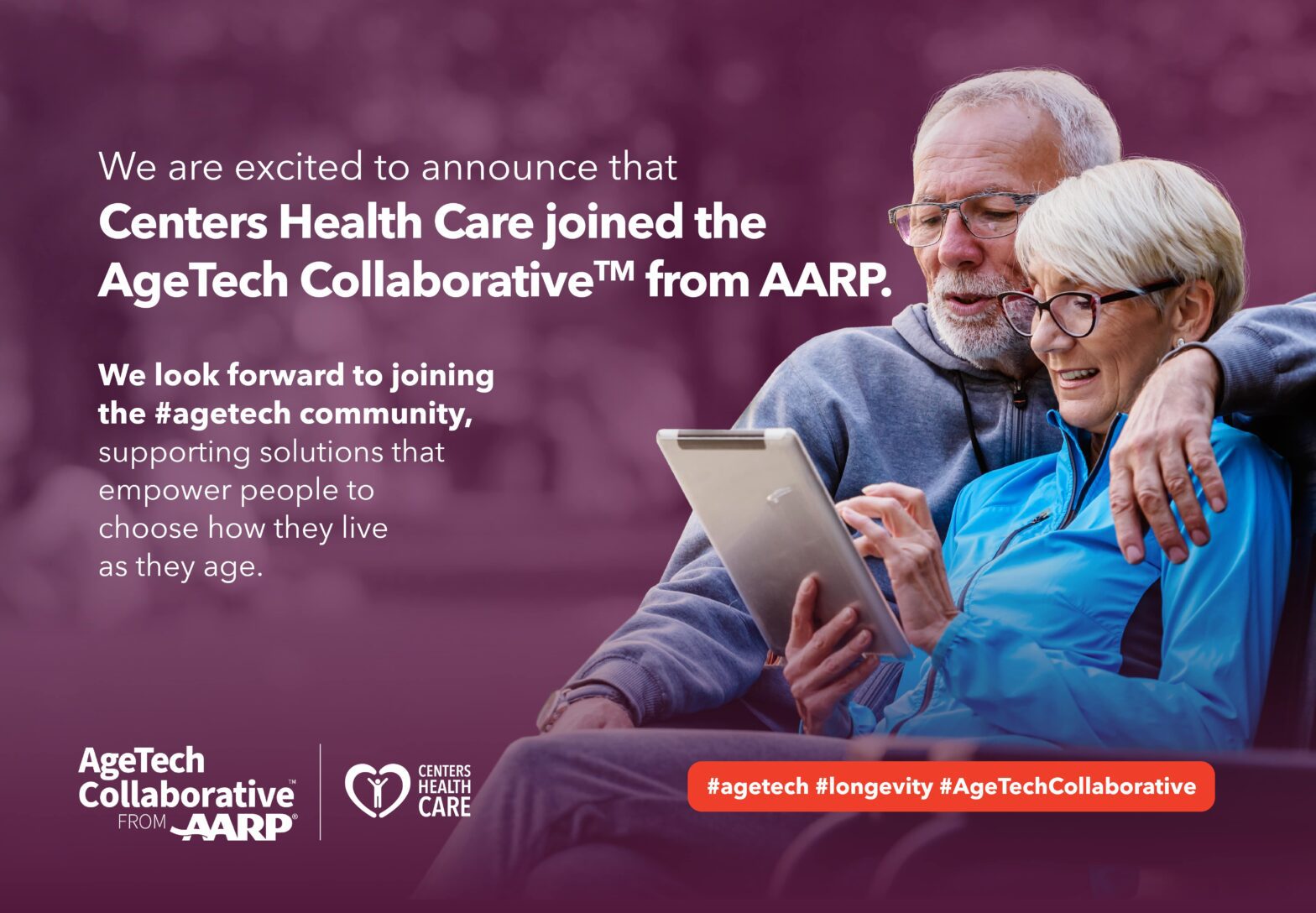How to Detect Government-Impersonation Scams

One way that people let their guard down when answering the phone, opening an email, or reading a text is that if the person claims to be from a government agency. Someone saying they’re a representative of a government agency like the IRS, FBI, or Social Security Administration will get someone to perk up immediately.
Unfortunately, crooks know this and has led to a number of scams that are associated with government agencies.
Glens Falls Center for Rehabilitation and Nursing has a look at examples of these scams and steps you can take to sniff them out.
Medicare, Grants, and Other Benefits
One scam sees someone pretending to be from Medicare calling to issue new plastic cards that better protect against the spread of COVID-19. Others call and say they are the beneficiary of a large federal grant. In both cases, all the person had to do was giving sensitive Medicare or financial information to the scammers in order to receive what is being offered.
Promises of Not Losing Money or Gaining Additional Money
People claiming to be from the Social Security Administration are calling seniors and saying that their information has been stolen, and that in order to lift a freeze on assets and bank information, they must first transfer money they have in the bank to Bitcoin and then transfer it into an account that was set up for them. On the other end of the spectrum, people are calling those with student loan debt and offering refunds from so-called loan-forgiveness programs. They ask the victim for a Social Security number and banking information so they have an account that they can return the remaining balance.
What the Government Will and Won’t Ask For
The federal government says that none of its agencies will make an unsolicited call to you where they ask for personal information. In addition, when payments need to be made, the government doesn’t accept pre-paid gift cards, wire transfers, or cryptocurrency like Bitcoin.
In addition, any important communication from the federal government will come via the U.S. Postal Service. The telephone may sometimes be used, but no communications will ever come from email, text, or through social media accounts.


